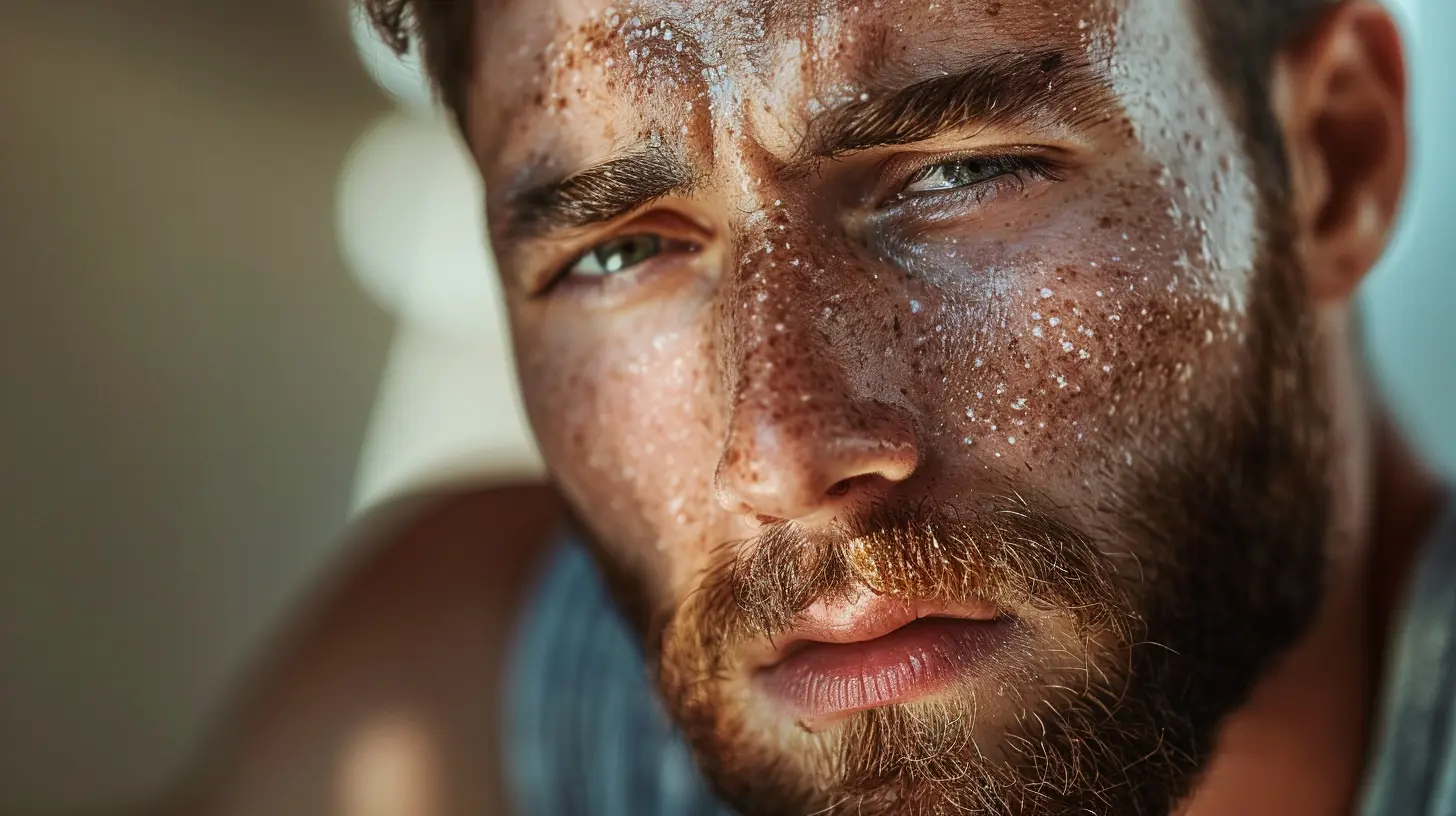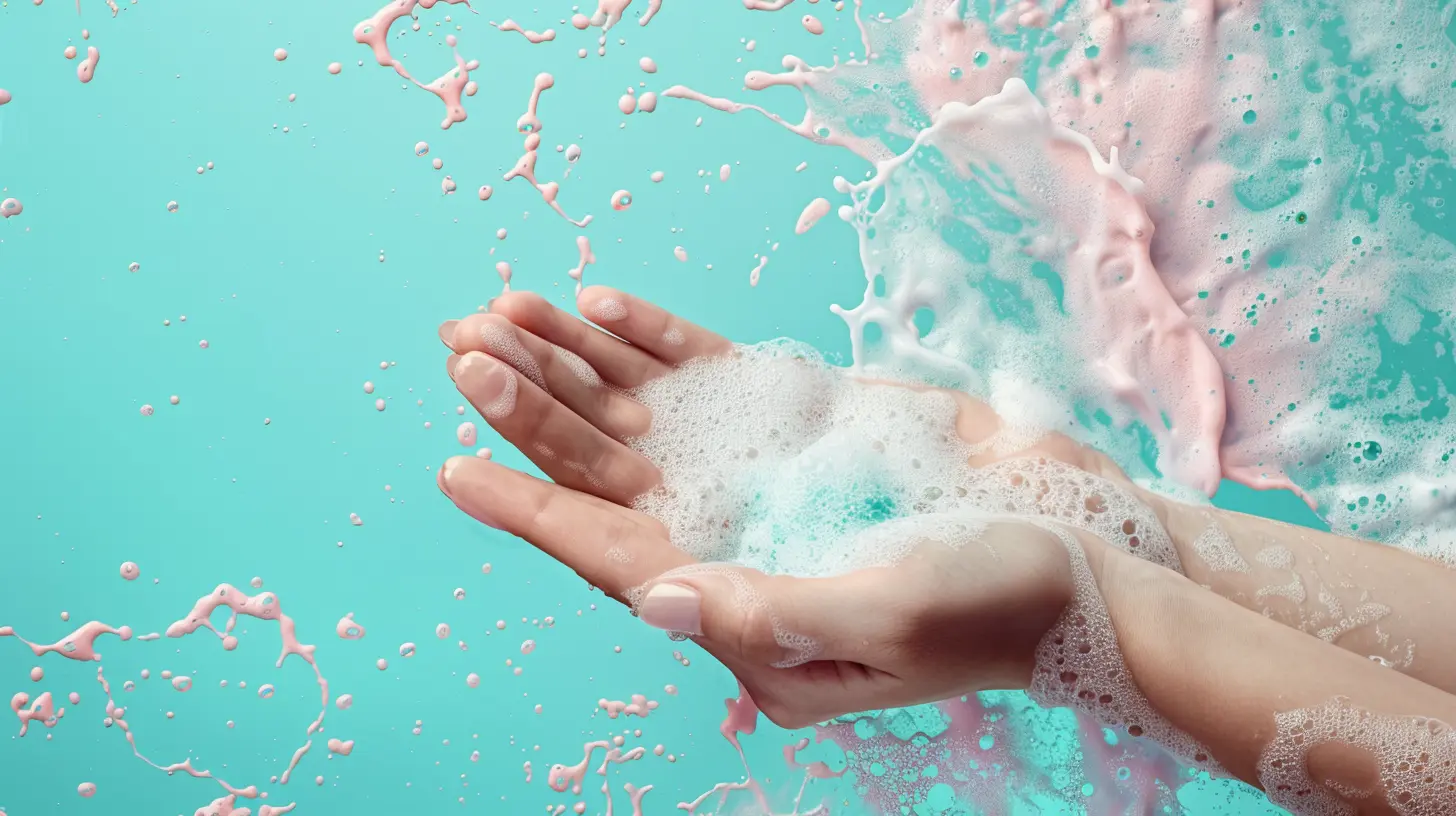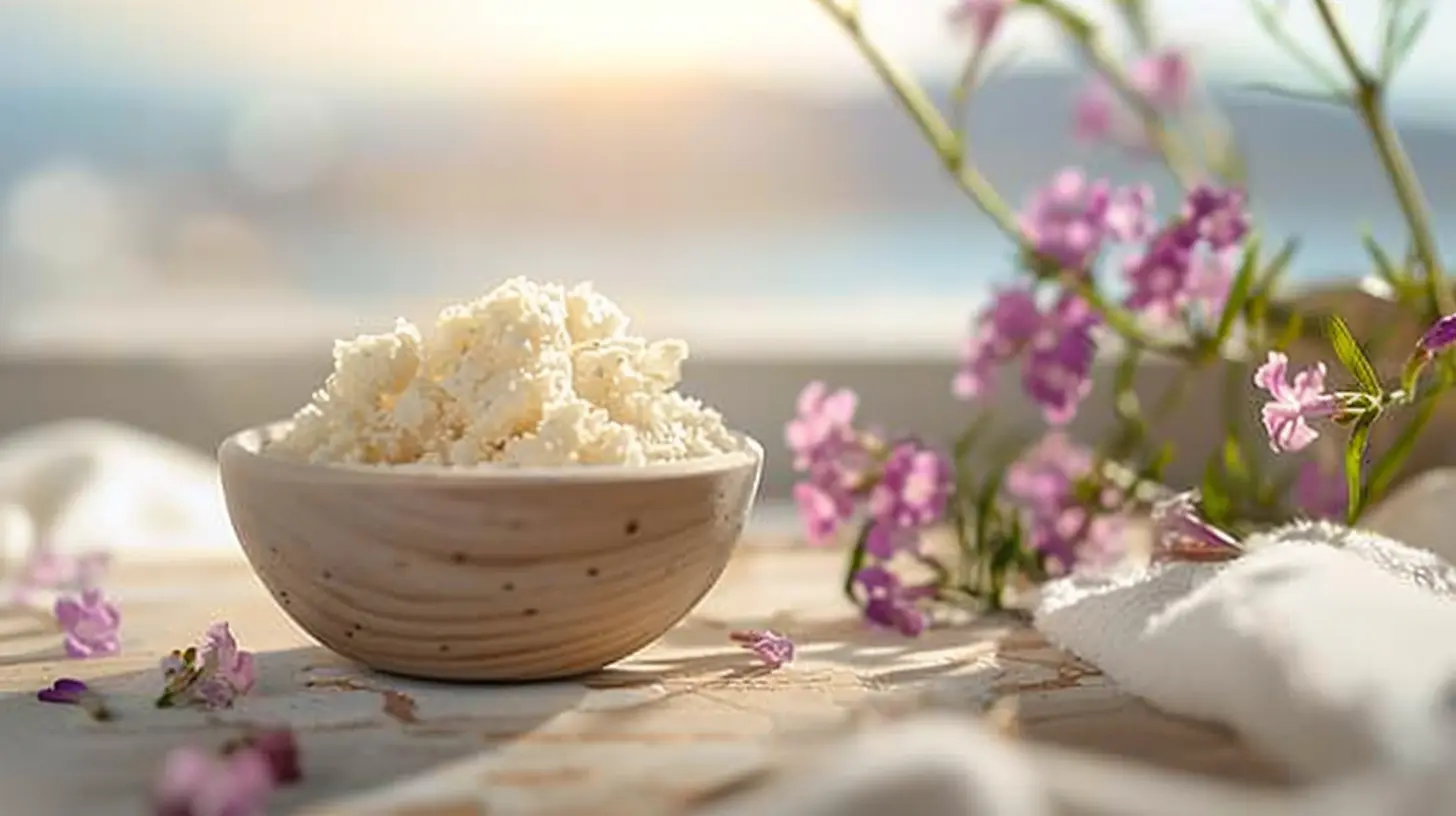30 November 2024
Have you ever felt like your skin was throwing a temper tantrum? Red, itchy, flaky patches that just won’t leave you alone — yeah, that’s eczema in a nutshell. It’s like your skin is angry at the world, and you’re caught in the middle. If you’ve ever dealt with this pesky condition, you know how frustrating and uncomfortable it can be. But don’t worry — you’re not alone, and no, you don’t have to live with it forever. Let’s break down everything you need to know about eczema and how you can keep it in check.
What Is Eczema?
Let’s start with the basics: Eczema is a chronic skin condition that causes inflammation, redness, and itching. It’s not contagious (phew!), so you didn’t “catch” it from anyone. The condition is actually a broad term that covers several types of skin issues, but the most common one is atopic dermatitis.Eczema tends to flare up periodically, which means it can come and go like an uninvited houseguest. Sometimes, it’s mild and manageable. Other times, it feels like your skin is screaming for help. The condition is often linked to an overactive immune system reaction to certain triggers, and it can affect anyone, from babies to adults.
What Are the Symptoms of Eczema?
Wondering if that stubborn rash you’ve been scratching at could be eczema? Here are some telltale signs to look out for:- Itchy Skin: This is the big one. Eczema’s itchiness can get so intense that it disrupts your sleep or makes you want to claw at your skin (though, please don’t do that!).
- Red or Brown Patches: These often show up on the hands, feet, neck, inside your elbows, and behind your knees.
- Dry, Cracked Skin: Your skin might look like it’s begging for moisture.
- Swelling or Puffiness: When eczema flares up, inflammation takes over.
- Weeping or Crusting: In severe cases, your skin might ooze or form crusty patches. (Yeah, it’s as unpleasant as it sounds.)
Eczema isn’t one-size-fits-all, though, so these symptoms can vary from person to person. For some, it might just be mild dryness; for others, it’s a full-blown, itchy nightmare.
What Causes Eczema?
Here’s the thing: there’s no single answer to what causes eczema. It’s kind of like a puzzle, with several pieces fitting together to trigger those flare-ups. But here are the main culprits:1. Genetics
If eczema runs in your family, you could be more likely to develop it. It’s like inheriting your mom’s curly hair or your dad’s knack for dad jokes — you don’t get a choice in the matter.2. Overactive Immune System
Your immune system is great at fighting off germs, but with eczema, it goes into overdrive — attacking even harmless substances and causing inflammation.3. Environmental Triggers
Things like pollen, pet dander, dust mites, or even certain foods can set off an eczema flare-up. It’s like your skin has a list of things it hates, and it’s not shy about showing it.4. Irritants
Everyday products like soaps, detergents, fragrances, and even certain fabrics (looking at you, wool!) can irritate sensitive skin.5. Stress
Yep, stress can make eczema worse. It’s like your skin has an emotional radar, and when you’re frazzled, it decides to chime in with a flare-up.6. Climate
Extreme weather conditions — whether it’s too hot, too cold, or super dry — can wreak havoc on your skin.
Different Types of Eczema
Did you know there are actually several types of eczema? It’s not just one thing! Here’s a quick rundown:1. Atopic Dermatitis
The most common type, often linked to allergies and asthma. It’s chronic and tends to show up in childhood.2. Contact Dermatitis
This happens when your skin touches something it doesn’t like, such as a skincare product, cleaning agent, or even jewelry.3. Dyshidrotic Eczema
Small, itchy blisters — usually on the hands and feet. Fun times, right?4. Nummular Eczema
Round, coin-shaped spots of irritated skin. It’s like your body decided to play connect-the-dots (but not in a fun way).5. Seborrheic Dermatitis
This type often affects oily areas like your scalp or face. It’s also the culprit behind dandruff.6. Stasis Dermatitis
Usually occurs on the lower legs and is linked to poor blood flow.How to Manage Eczema
Let’s get to the good part — managing eczema. While there’s no magical cure (yet), there are plenty of ways to keep those flare-ups under control. Here’s how you can show your skin some serious TLC:1. Moisturize, Moisturize, Moisturize
Think of your skin like a plant — if it’s dry, it wilts. Use a thick, fragrance-free moisturizer daily, especially after showering. Look for creams or ointments instead of lotions (since they’re more hydrating).2. Avoid Triggers
If you know what sets off your eczema, steer clear of it like you’d avoid spoilers for your favorite TV show. This might mean switching to gentle, hypoallergenic products or keeping a journal to identify patterns.3. Take Short, Lukewarm Showers
As tempting as a hot shower might be, it can strip your skin of moisture. Stick to lukewarm water and keep it short.4. Don’t Scratch
We know, easier said than done. But scratching can make things worse and even cause infections. If the itch is unbearable, try gently rubbing the area or applying a cold compress.5. Use Over-the-Counter Creams
Hydrocortisone creams can provide relief during mild flare-ups. For more severe cases, your doctor might prescribe stronger steroids or topical treatments.6. Manage Stress
Easier said than done, huh? But seriously, practicing stress-reducing activities like yoga, meditation, or just zoning out to your favorite playlist can help.7. Stay Hydrated
Drinking enough water isn’t just good for your overall health — it helps keep your skin hydrated from the inside out.8. Wear Soft, Breathable Fabrics
Stick to clothing made from cotton or other soft, natural materials. Avoid wool and synthetic fabrics that can irritate your skin.9. Follow Your Doctor’s Advice
If over-the-counter treatments aren’t cutting it, see a dermatologist. They can recommend prescription treatments or even light therapy for more stubborn eczema.When Should You See a Doctor?
Most eczema cases can be managed with lifestyle changes and over-the-counter treatments. But if your symptoms are severe, don’t hesitate to seek professional help. Here are some red flags:- Your skin is painfully cracked or bleeding.
- You’re not getting any relief from OTC treatments.
- You suspect your eczema is infected (watch out for yellow crusts or pus).
- Flare-ups are disrupting your daily life.
Can Eczema Be Prevented?
While you might not be able to prevent eczema entirely, you can certainly lower your chances of flare-ups. It’s all about being proactive with skincare and avoiding triggers. It’s kind of like maintaining a car — regular upkeep makes all the difference in keeping things running smoothly.Here are some tips to stay ahead:
- Stick to a consistent skincare routine.
- Avoid harsh soaps and detergents.
- Protect your skin from extreme weather (bundle up in winter and use sunscreen in summer).
- Manage allergies, if you have them.
- Keep stress in check as much as possible.
Wrapping It Up
Eczema can be a real pain in the neck (or hands, or feet — you get the idea), but it doesn’t have to take over your life. By understanding what triggers your eczema and building a solid management plan, you can keep those flare-ups at bay. Sure, it takes some patience and consistency, but your skin will thank you for it. After all, healthy skin is happy skin!So, the next time eczema tries to start a fight, you’ll be ready to tackle it head-on. You’ve got this!










Kassandra Sheppard
Scratch less, smile more!
April 3, 2025 at 4:07 PM